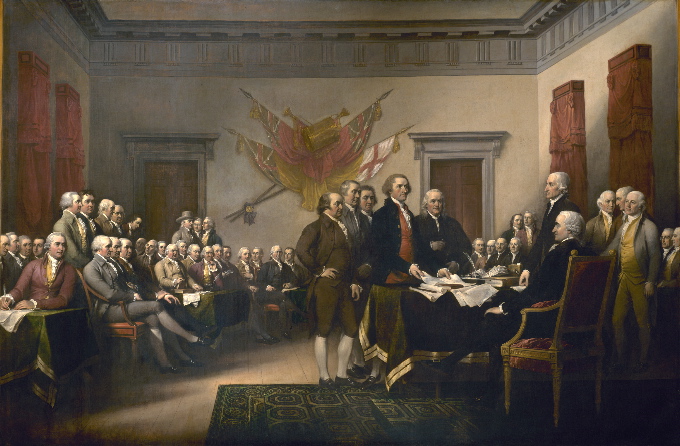
I commend to all my fellow citizens of this republic David McCullough's wonderful biography John Adams.
(That's Adams, bald and slightly pot-bellied, standing in the exact
center of John Trumbull's painting of the signing of the Declaration Of
Independence, above.) Erudite and sagacious the book is also
compulsively readable, magically evoking the physical world of the 18th
and early 19th Centuries but also bringing the men of the Revolutionary
era to vivid life.
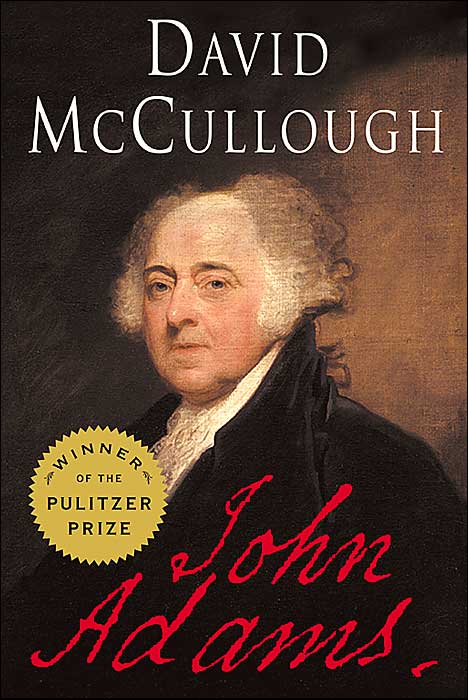
The founders of the United States Of America were certainly the
God-damnedest collection of characters who ever collaborated on a great
enterprise. They seem mysteriously modern, perhaps because they
remain so recognizably American
— frank, down-to-earth, open-minded, industrious, optimistic . . . also pig-headed, venal and hypocritical
There were scoundrels and rakes among them, men of faith and skeptics,
simple farmers and grand seigneurs — but they were all so unaccountably radical in their devotion to the ideas (if not always to the practical realities) of liberty and equality, of self-government.
And they were brave. All the men above seen signing the
Declaration, many of them men of great wealth and position, would have
been hung as traitors by the English if their improbable revolution had
failed. They don't seem to have had the slightest doubt that it
was a risk worth taking, and merely joked about the jeopardy — as
Franklin did when he said, “We must hang together or hang separately.”
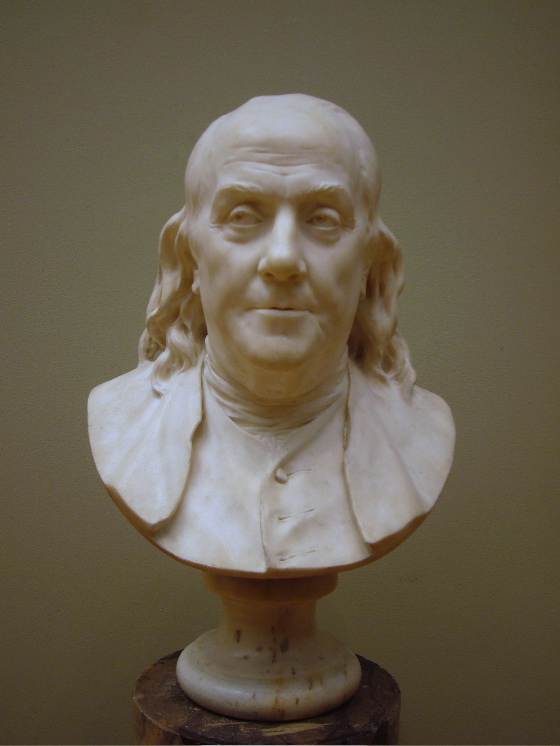
It can't really be explained, except as a result of something that had
evolved over many generations in the experience of living in the new
world, habits of self-reliance and independence which the Founding
Fathers explicated and guided but did not invent. Adams himself
knew this. “The Revolution,” he wrote, “was in the minds and
hearts of the people.”
Adams may have been the oddest of all the “indispensable men” of that
time — neither a soldier nor a politician of any particular skill, not
a great writer or thinker but possessed of an orderly mind and endless
energy, he had a personal independence of thought and an an
incorruptible integrity which made him the go-to guy in any crisis.
It was Adams who ensured the appointment of George Washington as
commander in chief of the Continental Army, Adams who procured loans
from the Dutch to keep the government afloat in the early days of the
Confederation, Adams who, in drafting the Constitution of the
Commonwealth Of Massachusetts, created a key model for the American
Constitution.
And it was Adams who served as America's first ambassador to the Court of St. James, received with honor as the representative of a new and independent nation by the same king who had once hoped to hang him.
The whole tale is surreal, unbelievable, but one loves Adams because he
didn't see it that way. He seems always to have believed that the
seeds of liberty, once planted in good soil, would bear fruit — just
as the seeds he sowed on his Massachusetts farm brought forth peas and
corn. At the end he was proud of what he had done for his
country, but he was just as proud of his farm.
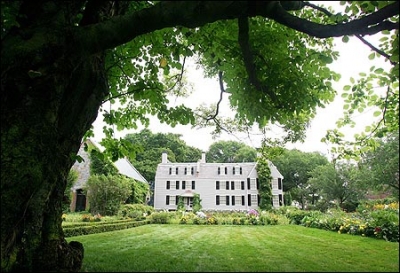
Adams became President of course, for one term, after serving as George
Washington's Vice-President for two terms. He lost his bid for
reelection to his then arch-rival Thomas Jefferson, and became the
first President to hand over the reigns of power unwillingly, convinced
that Jefferson would ruin the new nation before it could fairly get
going. He groused about it, then jumped into a public stagecoach
and rode home, back to his farm, his peas and his corn. He bowed
to the will of the people without further complaint.
In that moment, the American experiment justified itself to itself and to the whole world.
Perhaps the strangest thing about looking at these old
revolutionaries today is that they always seem to be staring right back at us, at the American future we
now inhabit. In their regard there's hardly more than a trace of
self-satisfaction in what they accomplised, not a lot of sentiment, and
more than a little impatience. “We started this business well enough,” they seem to
be saying, “now get on with it.”
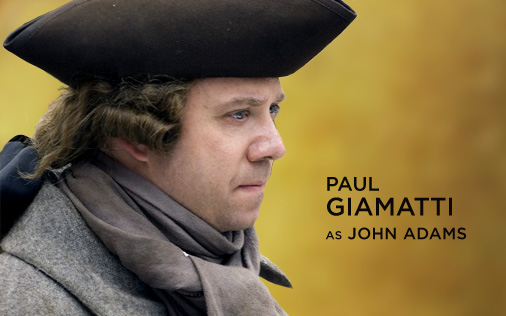
[I read the biography as a prelude to watching HBO's upcoming
mini-series taken from it, starring Paul Giamatti as Adams. This
strikes me as a brilliant piece of casting, Giamatti having a knack for
conveying the kind of adorable peevishness which many people observed
as a characteristic trait of Adams. The series will premiere on March 16.]
